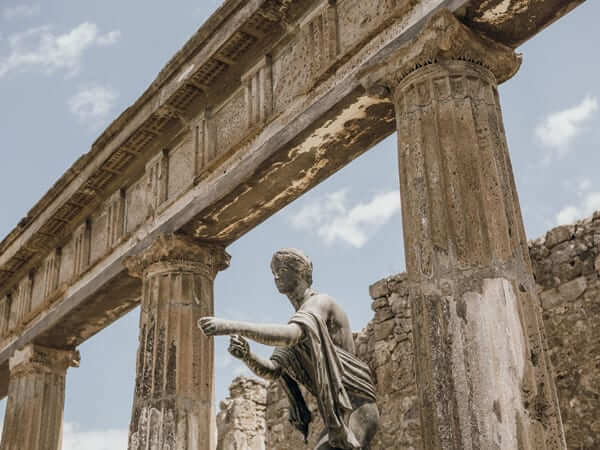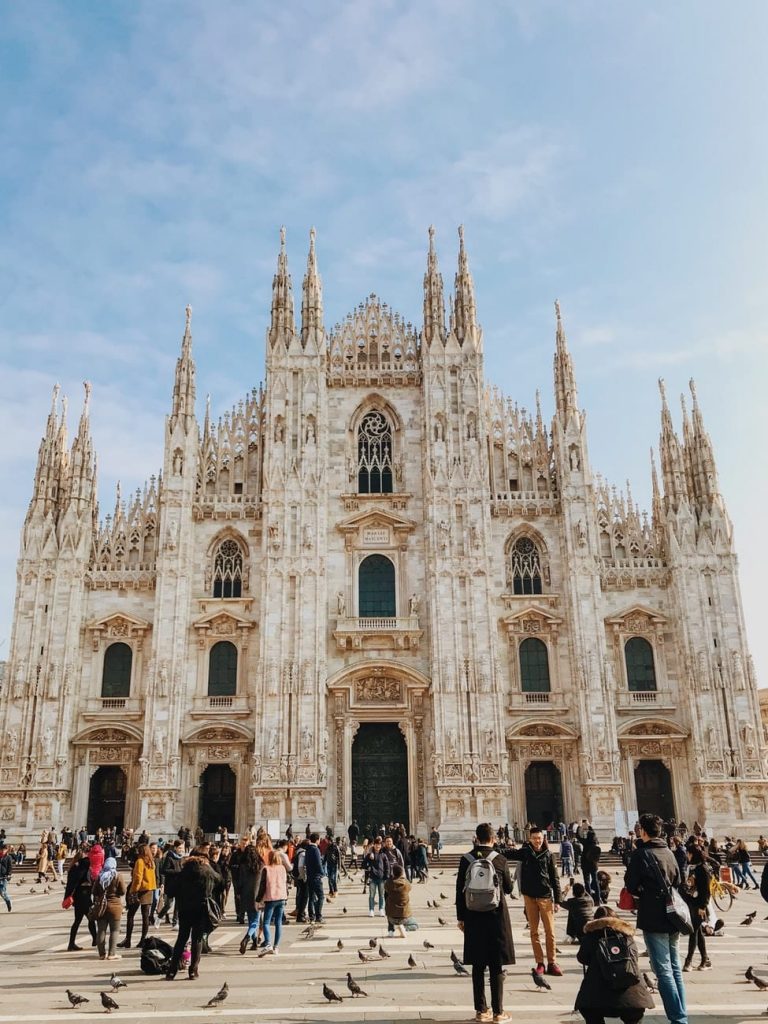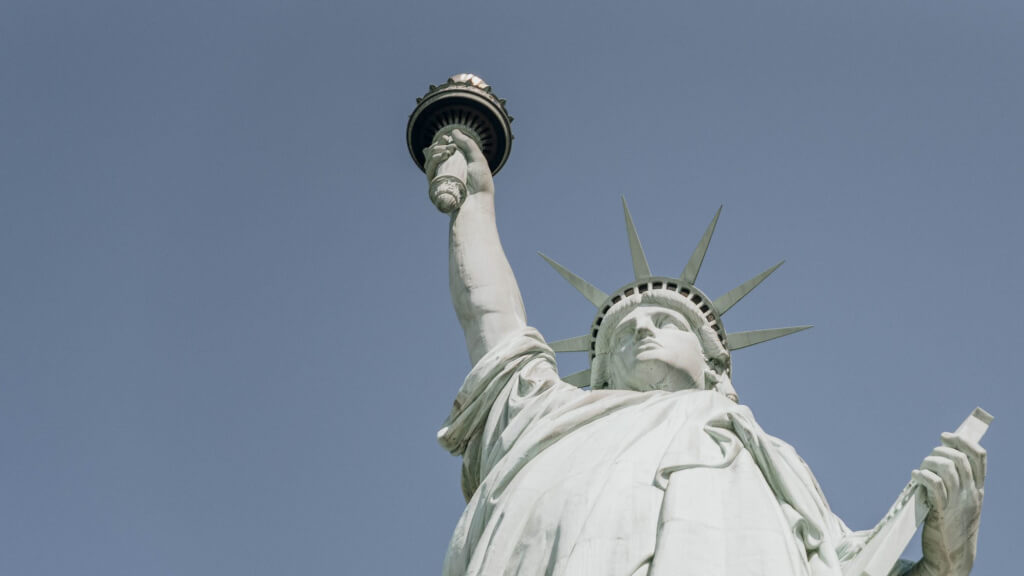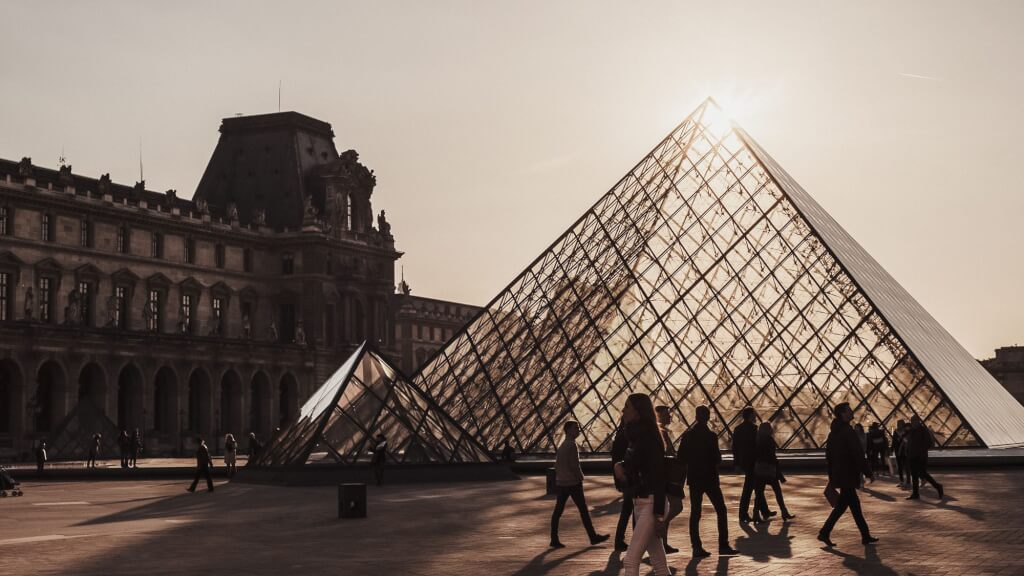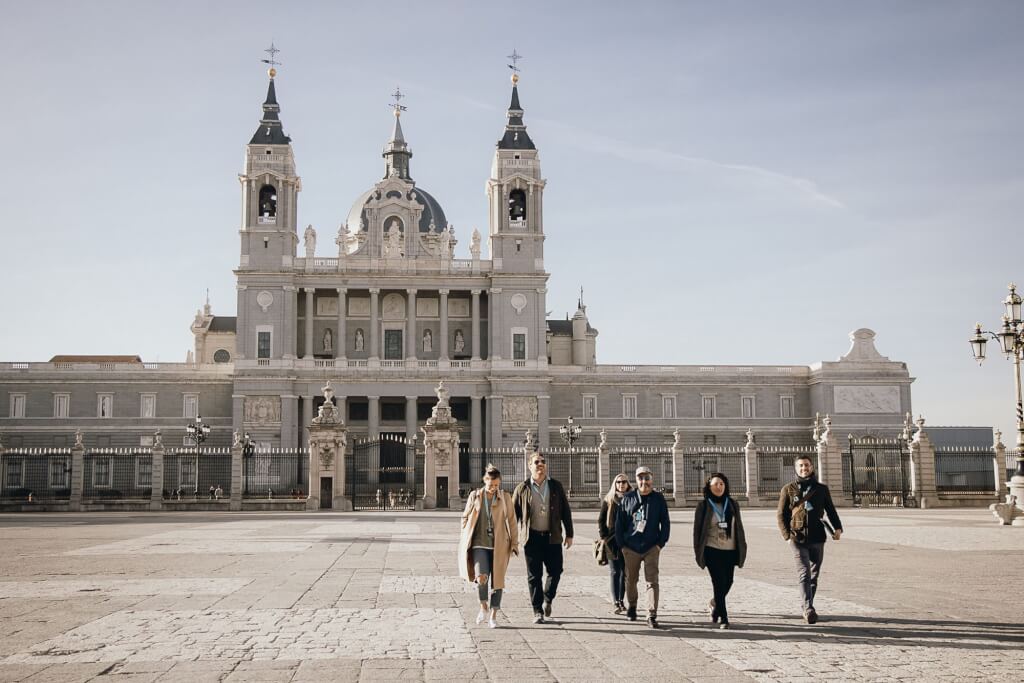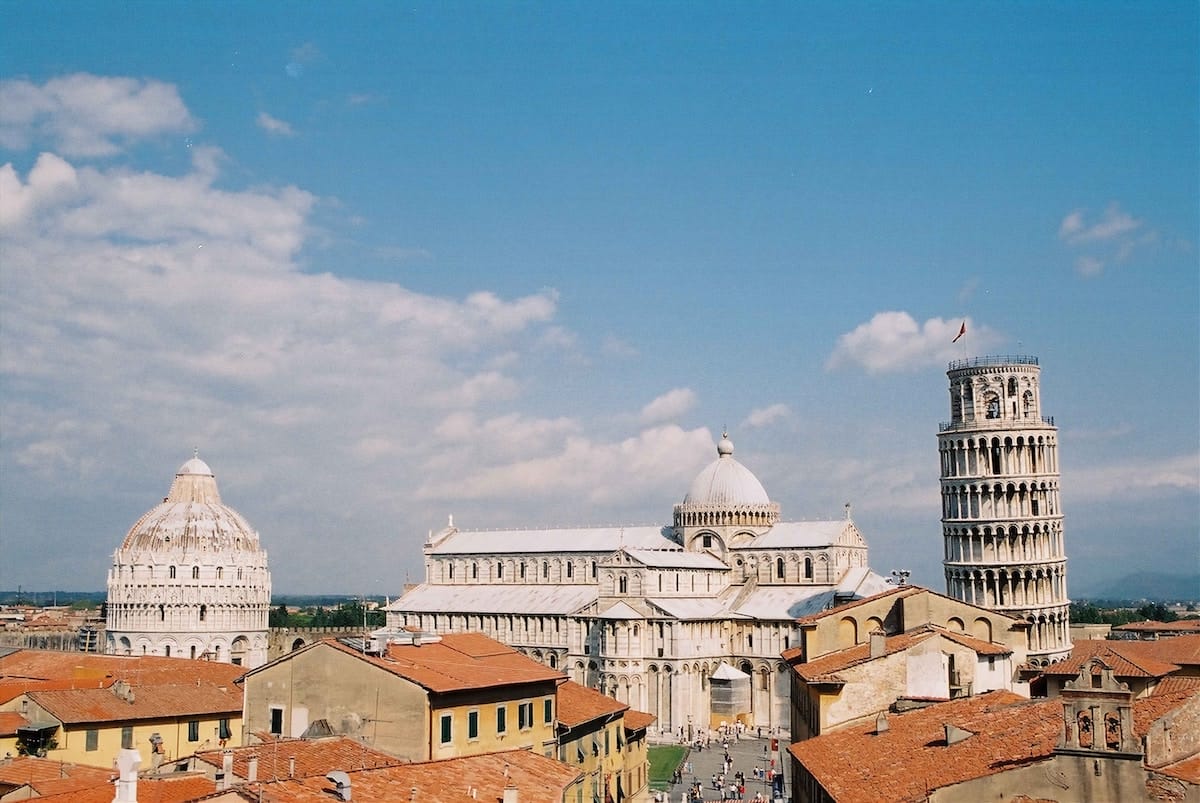
What To Do in Pisa: An Insider’s Guide to This Wonderful Town
December 6, 2023
Pisa is infamous for its incredible Leaning Tower. And while it’s fun to take pictures with this must-see site, visitors may be surprised that Pisa has a lot more to offer! The Tuscan town is easy to get to, exciting to explore and drop-dead gorgeous. Just a quick day trip from Florence, Pisa has a fascinating and rich history both academically and militarily, as it long served as one of Tuscany’s most important ports on the sea. (Plus, some of Italy’s most notable characters hailed from Pisa, from Galileo Galilei to Andrea Bocelli, Italy’s most famous tenor.)
Filled with medieval churches and palaces, famous bridges that criss cross the Arno River and a university that has given scholarships to geniuses of Italy since the 12th century, Pisa has plenty to offer visitors who scratch the surface of this beautiful Tuscan town. Carry on reading to find out what to do in Pisa.
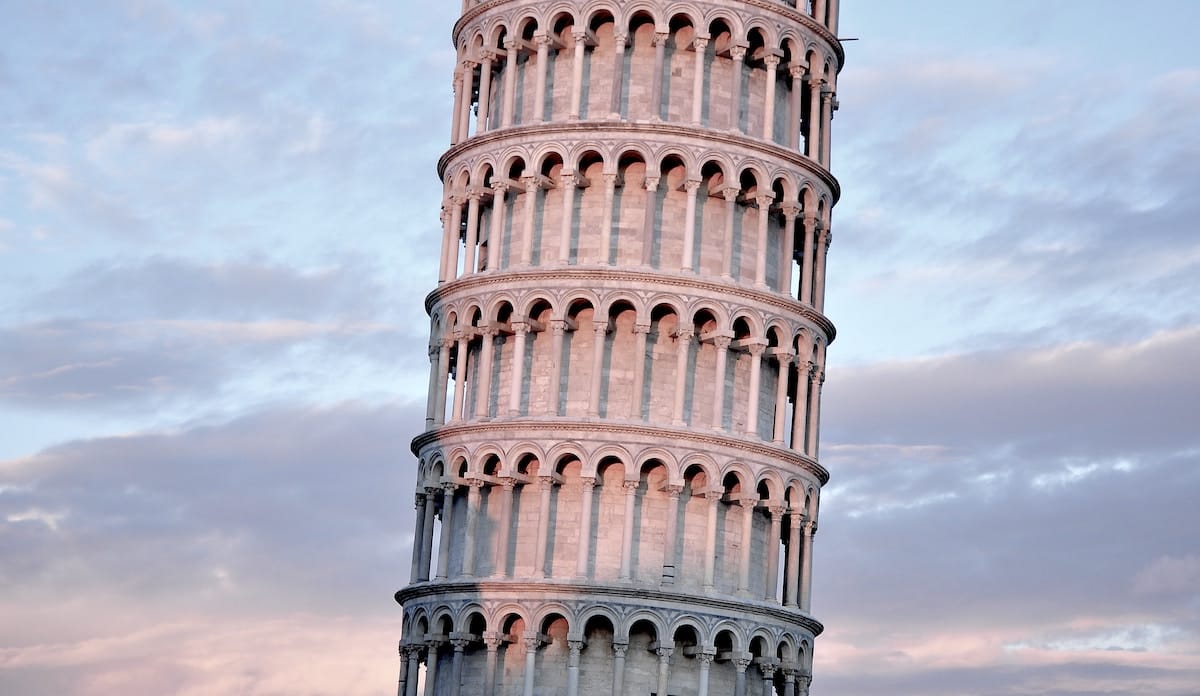
Over the years, several attempts were made to stabilize and straighten the tower to prevent its collapse. Photo credit: Davide Ragusa
Table of Contents
ToggleThings to do in Pisa
Piazza dei Miracoli
Piazza dei Miracoli has been graced with many names over the years. Originally called the Piazza del Duomo, since the 20th century the name Piazza dei Miracoli, or the Square of Miracles, has been given to this major hitter in Pisa, but visitors and locals alike also call it the Campo dei Miracoli or Field of Miracles as a nod to the lush green grass that fills the entire Piazza – a rarity among Italian town squares and further proof that this isn’t your average piazza. (Check out more of Italy’s impressive piazzas here.)
It includes the Cathedral with its one-of-a-kind leaning bell tower, the Baptistery and the Campo Santo, or monumental cemetery, each made with pure white marble. Here you’ll deep-dive into Pisa’s rich Romanesque architecture.
The first construction built was the cathedral, or Duomo. Built on a foundation of white marble, the cathedral houses some of Italy’s greatest Italian artworks. Check out Giovanni Pisano’s 700-year-old Gothic sculptures. The eight-sided pulpit of statues represents the virtues in intricate detail. Much of the original artwork is located in the attached Museo dell’Opera along with ancient Egyptian and Roman art.
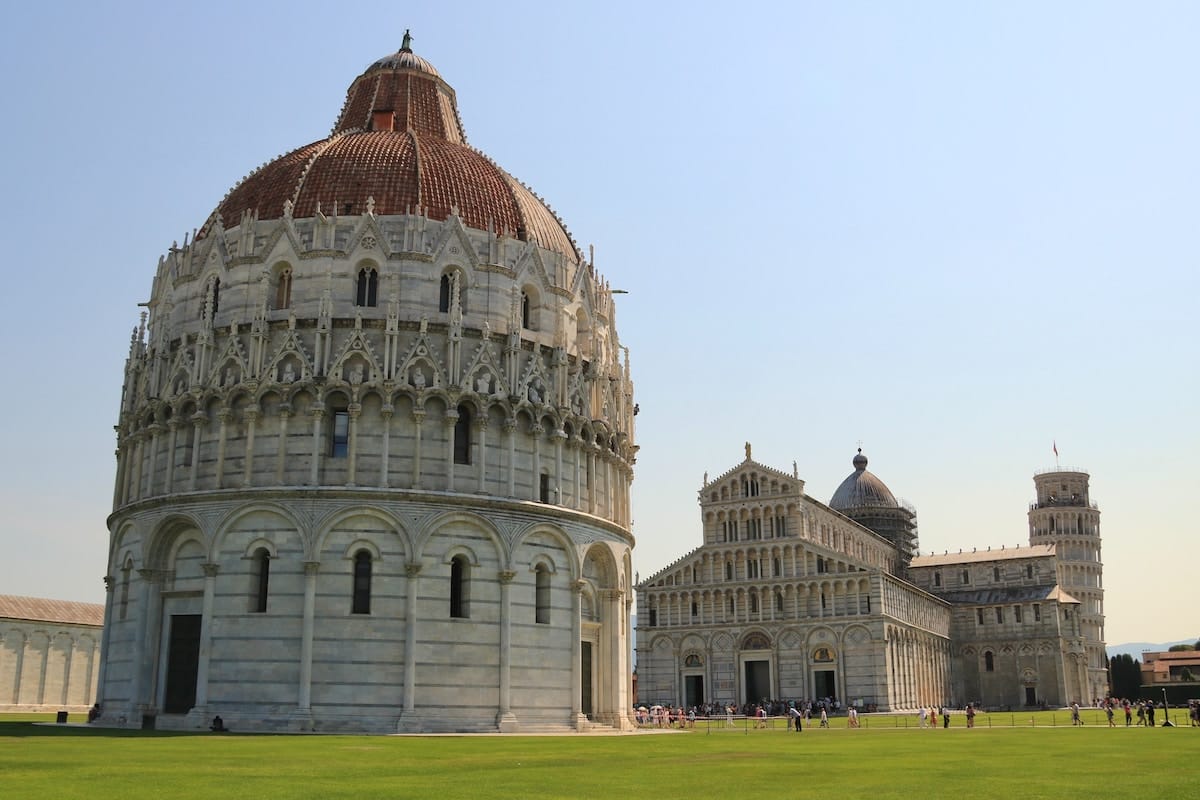
The main draw of Pisa for tourists is the iconic Leaning Tower of Pisa, which is part of the larger Piazza dei Miracoli (Square of Miracles) complex. This UNESCO World Heritage Site includes the Cathedral (Duomo), the Baptistery, and the Camposanto Monumentale. Photo credit: Hongbin
After construction of the cathedral, the baptistery was added to the west of the Duomo, and finally the campanile, or bell tower, was built nearby.
Visitors planning their trip and wondering what to do in Pisa should know that they can climb to the top of the bell tower, but expect to wait hours if you don’t book in advance as tickets are extremely limited. To reserve in advance and check the opening and closing times throughout the year, check out the Leaning Tower’s website here.
Università di Pisa
The University of Pisa is perhaps most known for its scholarship program. Here, the brightest of all of Italy are often offered a full-ride scholarship for the entire duration of their study. Room, board, books and sometimes even a small stipend, this scholarship has helped some of Italy’s greatest minds to get a world-class education. Established in 1343, the University of Pisa is the 19th oldest university in the world and is considered one of the top 30 universities in Europe.
It’s most known for its research and graduate programs in the fields of Physics, Mathematics, Engineering and Computer Science. Take a stroll along the beautiful campus where popes, presidents and Nobel Laureate winners have studied, just two minutes from Piazza dei Miracoli.
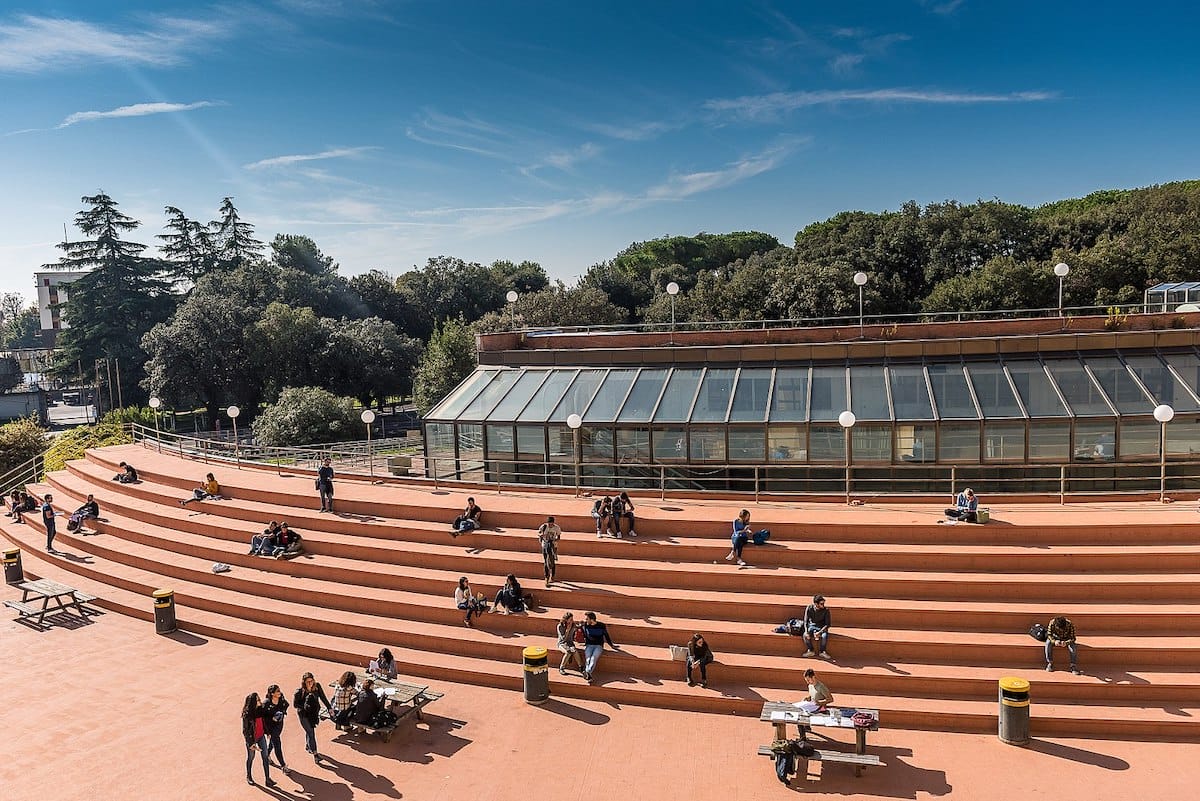
The University of Pisa is one of the oldest and most prestigious universities in Italy. Photo credit: LetiziaCipei
Orto Botanico
The University of Pisa also houses the beautiful botanical gardens, Europe’s oldest university botanical gardens. While the art school of Brera in Milan has a tiny botanical garden that dates back to the 17th century, Pisa’s was created by Cosimo de Medici himself in 1544, making it the first university botanical garden in Europe and perhaps the world. The gardens are open weekdays and cost a small fee to enter.
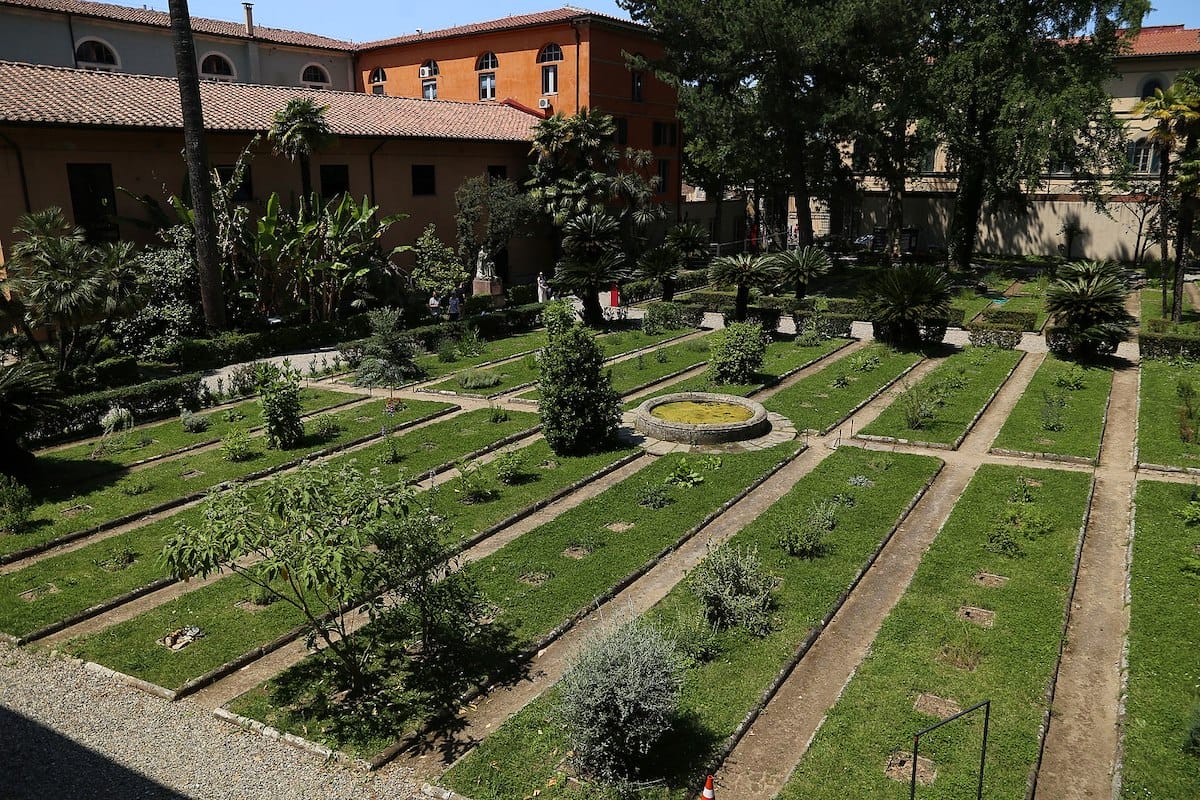
The botanical garden is one of the oldest in the world and has a rich history dating back to 1544. Photo credit: Sailko
Santa Maria della Spina
If you are still wondering what to do in Pisa having, you should take a stroll along the Arno River and you’ll run right into Santa Maria della Spina. This minuscule Gothic church is dripping with spires and pinnacles, despite its petite size. Built in 1230, its name “Spina,” meaning thorn, is supposedly from the thorn from Jesus Christ’s thorn crown that was brought to the church in 1333.
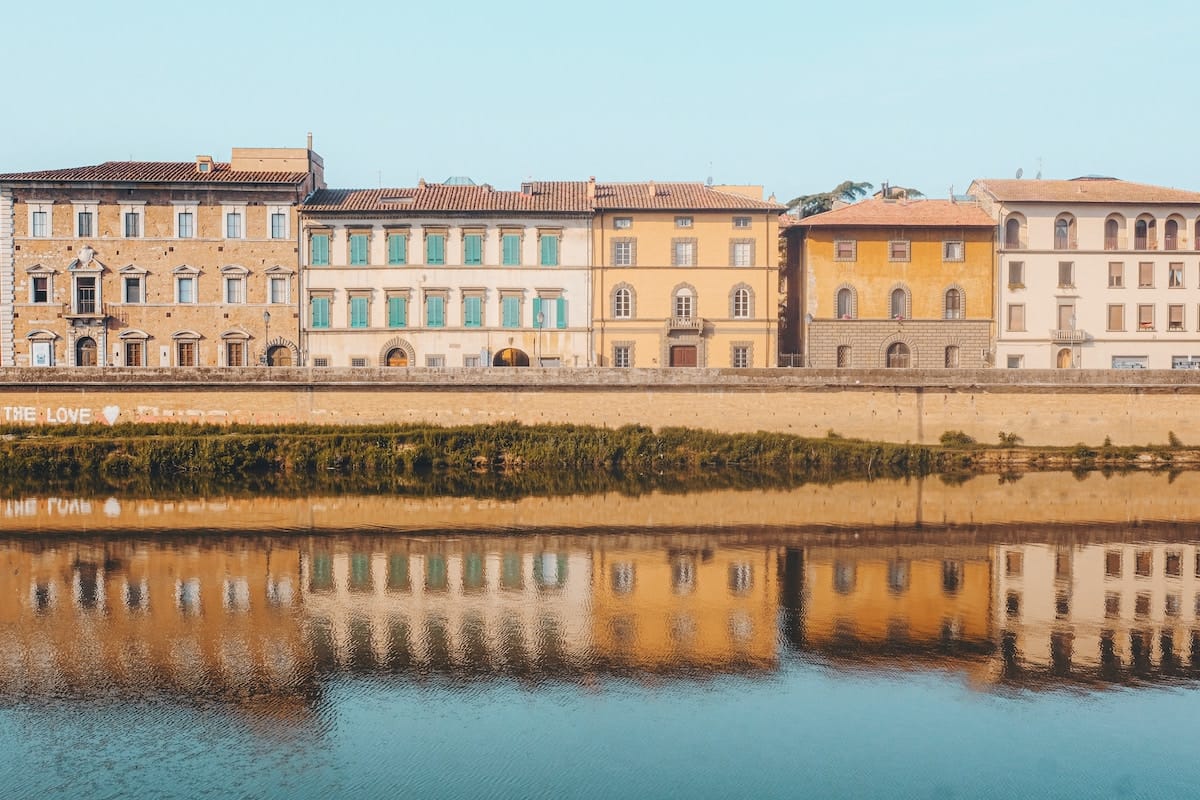
Pisa is located along the banks of the Arno River, and is a popular meeting point for people. Photo credit: Cristina Gottardi
Borgo Stretto
Get a feel of Pisa’s medieval history and everyday life with a stroll through the Borgo Stretto. Considered the center of the city, this medieval neighborhood follows the Arno River past Gothic-Romanesque churches, covered walkways and, incredibly, two other leaning towers! (Engineers had some trouble with the town’s soft soil.) You can find one via Santa Maria and the other on the Piagge promenade.
Piazza dei Cavalieri
This tiny piazza was once the power center of the city. Filled with historical buildings now used as municipal offices such as the Palazzo della Carovana and Palazzo dell’Orologio, and others belonging to the University of Pisa. Also in the piazza is Santo Stefano degli Cavalieri, a 16th-century church designed by Giorgio Vasari for a Catholic order created specifically to fight piracy—further proof of Pisa’s naval importance.
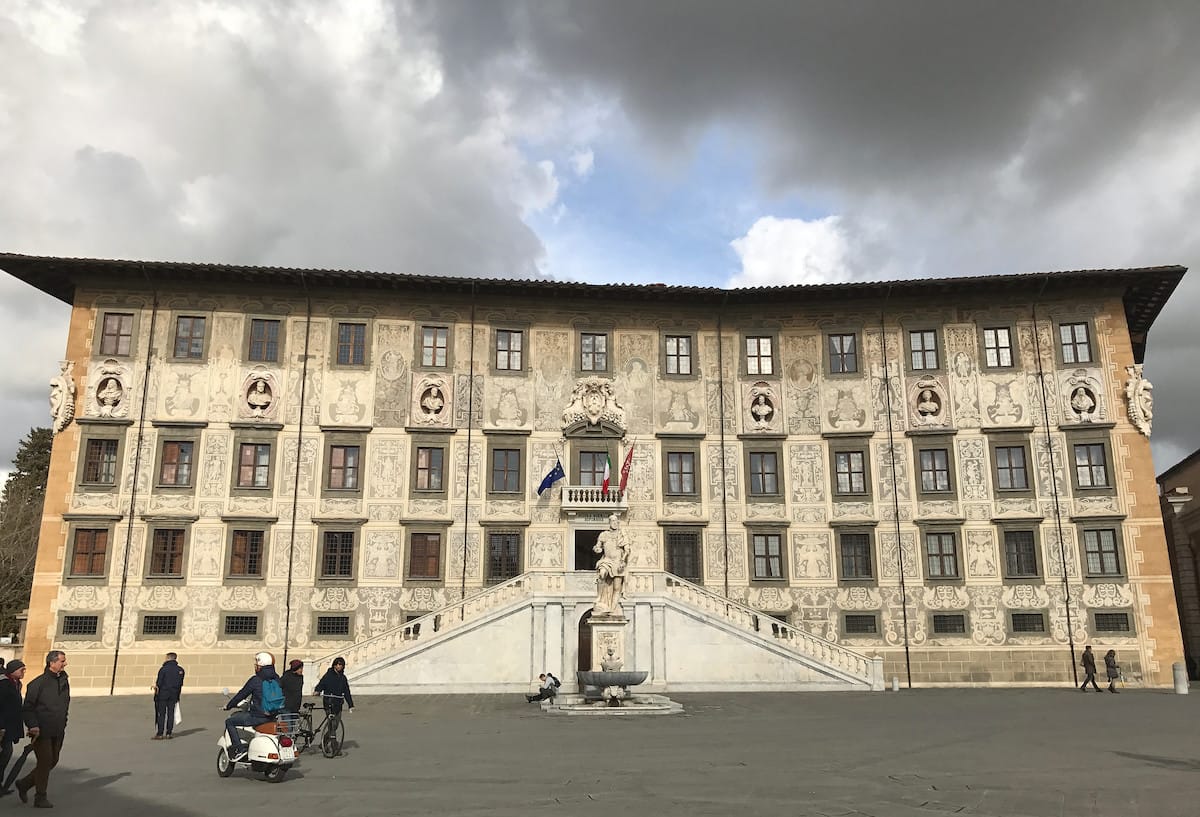
The Piazza dei Cavalieri was once a very important part of Pisa. Today it’s primarily a center for cultural and academic activities. Photo credit: Elias Rovielo
Palazzo Reale
This 16th century Royal Palace is worth visiting, if you’re wondering what to do in Pisa, just to pass in the footsteps of greatness. It was here that Galielo Galilei showed the Grand Duke of Tuscany the different planets he had newly discovered. Today the Palace is a museum that mostly exhibits items belonging to the different families that lived there, both the Medici’s and the Caetani family, likely only interesting to die-hard history fans or Downton Abbey levels of family richness. Still, the building itself is beautiful and an important part of Pisa’s architecture.
The best time to go to Pisa
Pisa is a beautiful visit year round. Dress for the weather—hot in summer and quite cold in winter, as winds from the sea blow in. Visitors coming in the high season, generally June through early September, will have to contend with higher prices and more crowds, but can generally expect good weather. Otherwise take advantage of the time you have to come when you can, the gems found in the Field of Miracles and throughout the town can be seen year-round, no matter the weather.
Something else to bear in mind if you a looking for what to do in Pisa: May has a beautiful flower festival at Piagge and the Christmas season brings with it Christmas markets in the city center, decorations and a festive atmosphere.
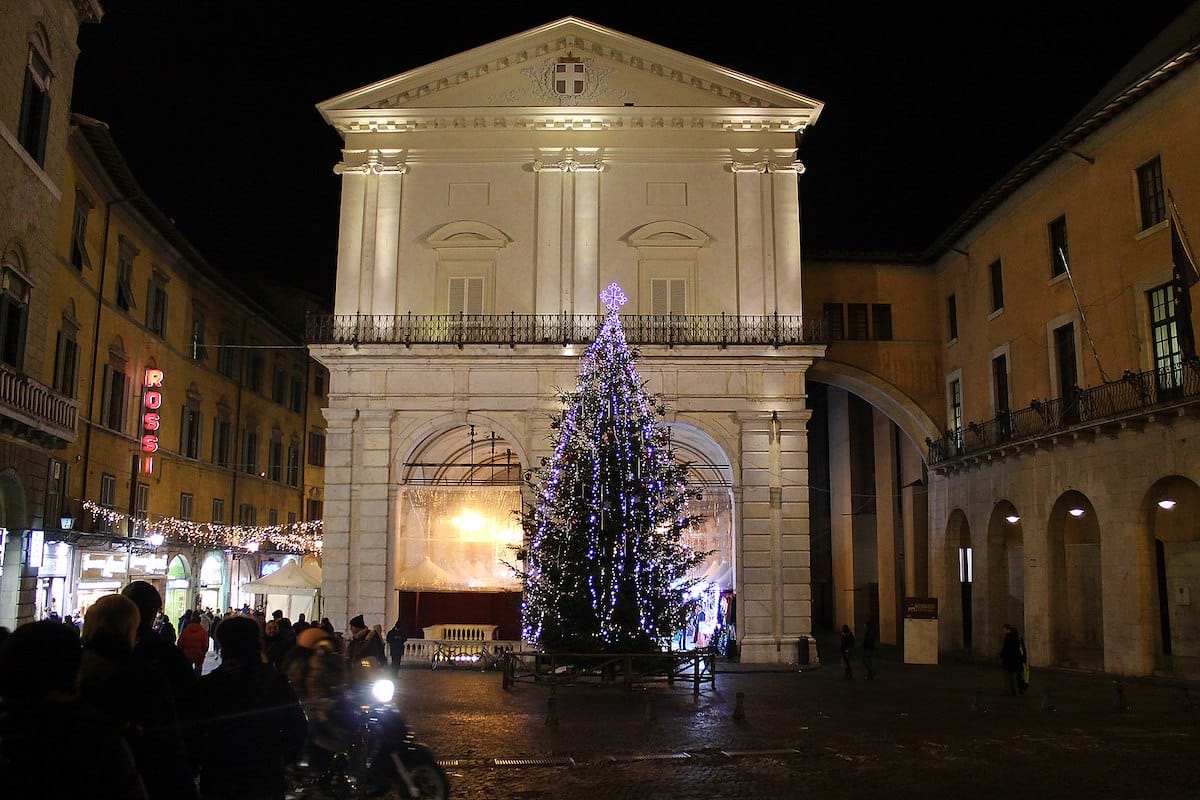
Christmas in Italy is magical. Photo credit: Daniele Napolitano
In June you can join in the multiple festivities celebrating Pisa’s patron saint, San Ranieri. During the Giugno Pisano, or Pisan June, you can catch the Luminara, the Regatta of San Ranieri and the Battle of the Bridge. The Luminara kicks off the month of festivities on June 16th, when all the building and street lights along the Arno are dimmed or shut off and replaced with more than 10,000 candles. The streets are filled with activities, booths selling artisan crafts and, of course, food, and the night ends with fireworks.
The Regatta falls the next day on the feast day of Saint Ranieri. The four neighborhoods of the city challenge each other to a boat race along the Arno to remember the city’s nautical history. The teams race nearly a mile against the current, but the first to arrive isn’t necessarily the winning boat. Who wins depends on which “climber” is faster and better able to climb a rope up to the top of the 32-foot mast at the finish line and get the correct flag!
Finally, on the last Sunday of June the two sides of the city split by the Arno river attempt to conquer the Ponte di Mezzo by pushing a trolley against the rival team, forcing them off the bridge. Though it might sound simple, there are 20 members in each team and each is supported wholeheartedly by their respective neighborhoods.
How to get to Pisa
If you have an idea now of what to do in Pisa and want to know how to get there, you should be aware that the town has an international airport with domestic and international routes. There is a train from the Pisa airport to the Pisa Centrale train station that takes just five minutes, from there you can walk to Piazza dei Miracoli in just a few minutes. Buses also run four times an hour directly to the Piazza dei Miracoli for just 2 euro.
Pisa is a beautiful and easy to visited if you want to join a tour from Florence. You can reach it easily by train or car. The train is inexpensive and runs from the central train station in Florence, Santa Maria Novella, directly to Pisa Centrale. Cars are convenient if you’re planning to explore more of the Tuscan countryside than just Pisa, or head further afield in Italy. It’s just a one-hour drive from Florence.
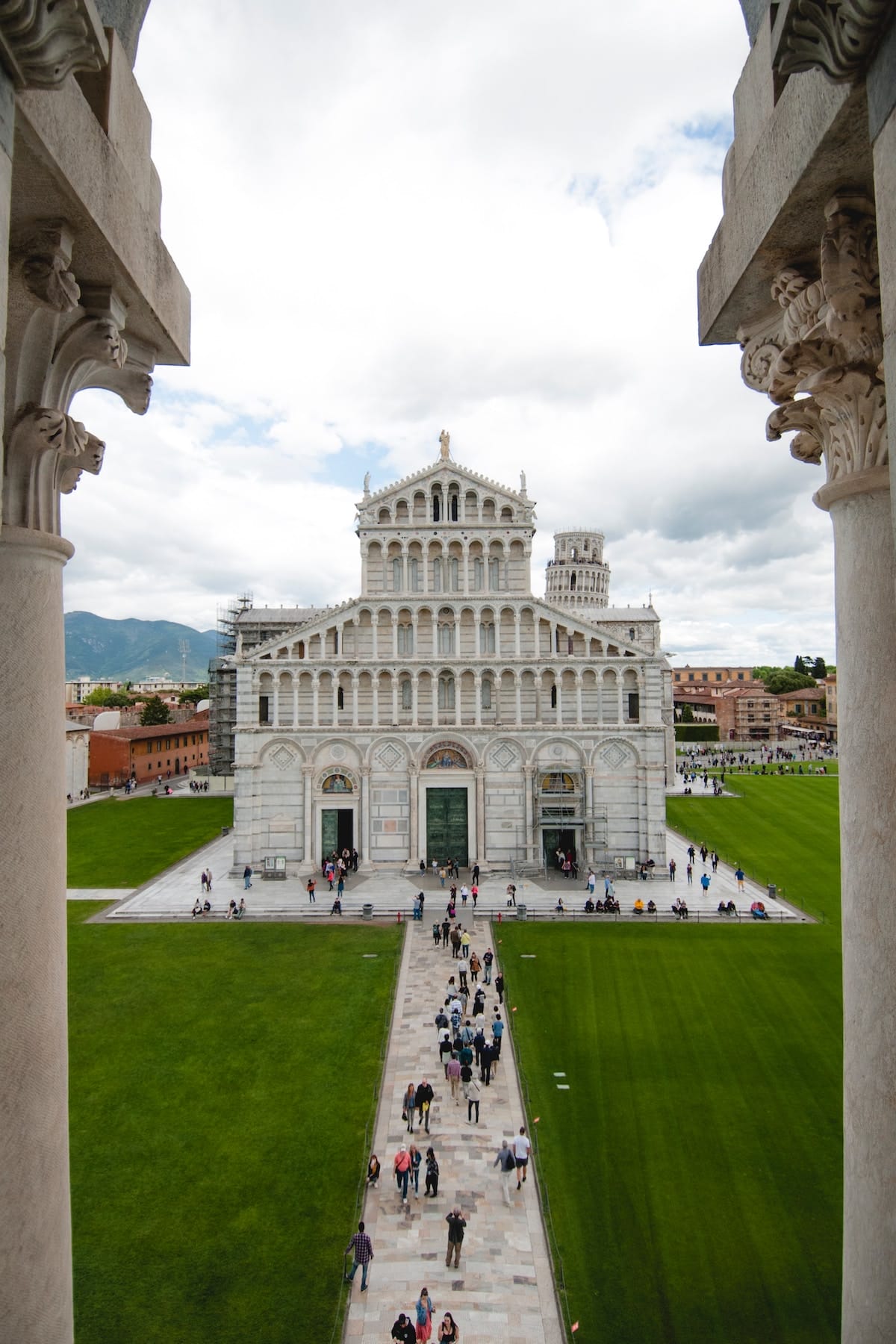
The entire Piazza dei Miracoli (Square of Miracles), including the Leaning Tower, is designated as a UNESCO World Heritage Site. Photo credit: Juli Kosolapova
Is Pisa worth visiting?
Without a doubt…yes! Pisa’s not just about the leaning tower—there’s a cool vibe in the streets, historic spots to check out, and you can’t beat the Tuscany charm, making it totally worth a visit.
by Gina Mussio
View more by Gina ›Book a Tour
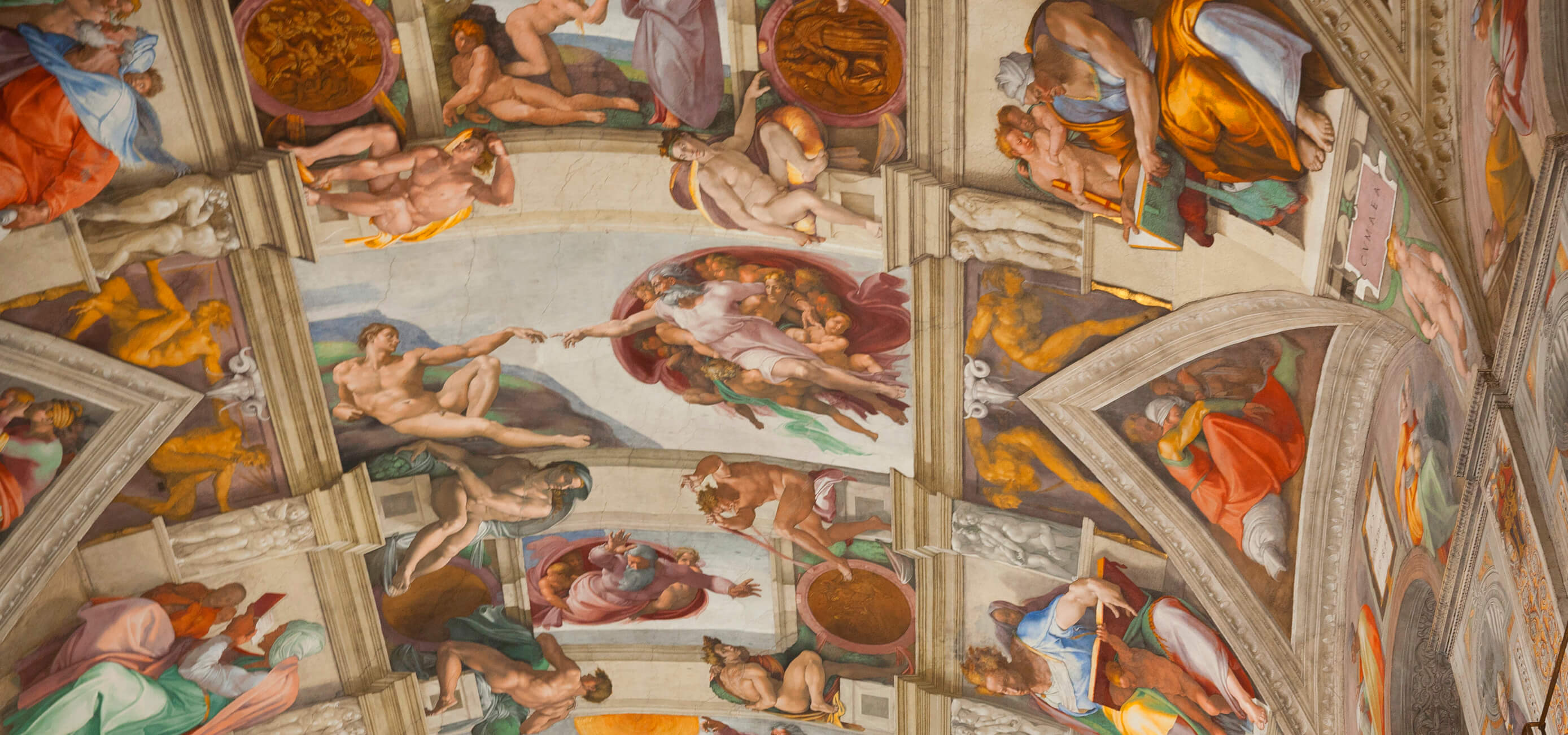
Pristine Sistine - The Chapel at its Best
€89
1794 reviews
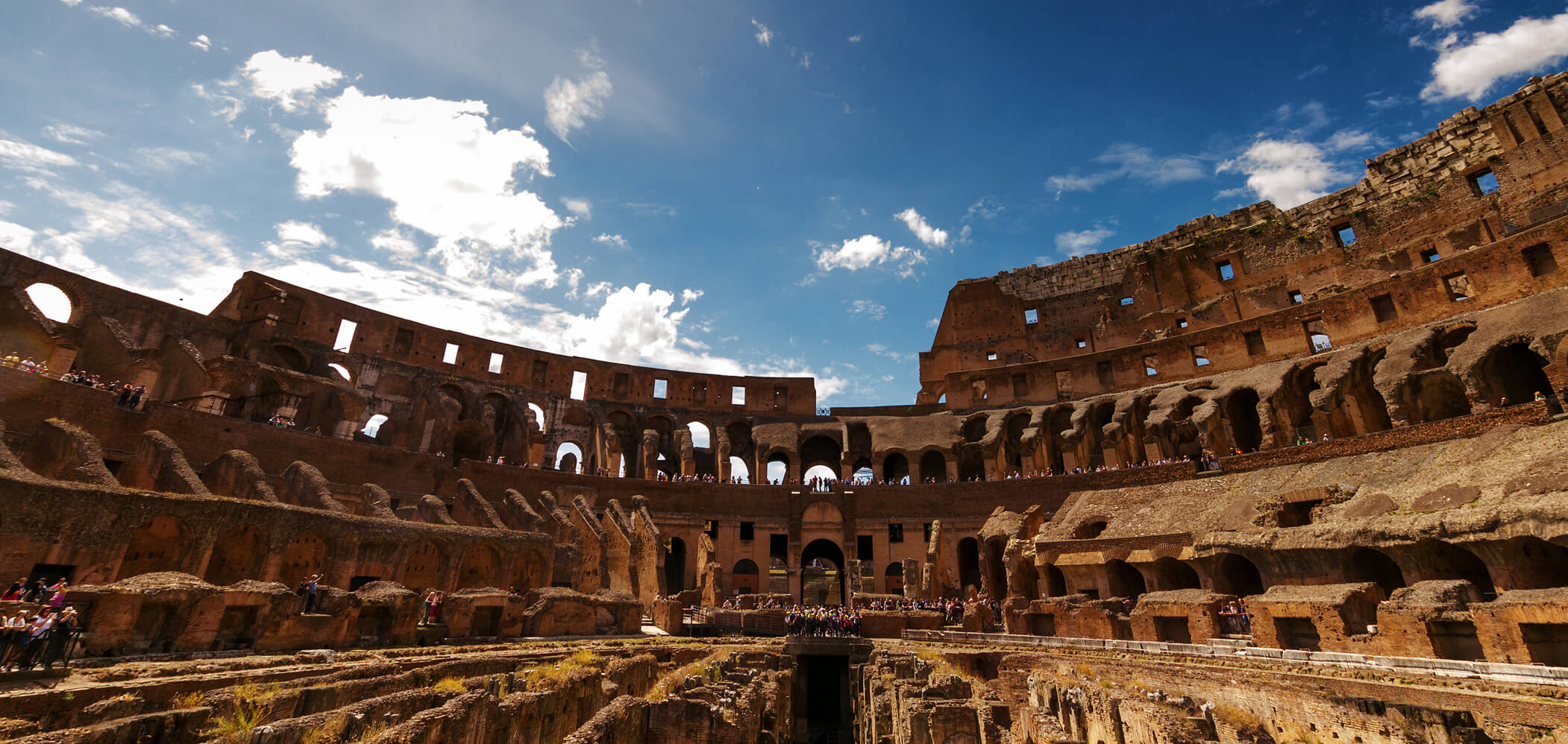
Premium Colosseum Tour with Roman Forum Palatine Hill
€56
850 reviews
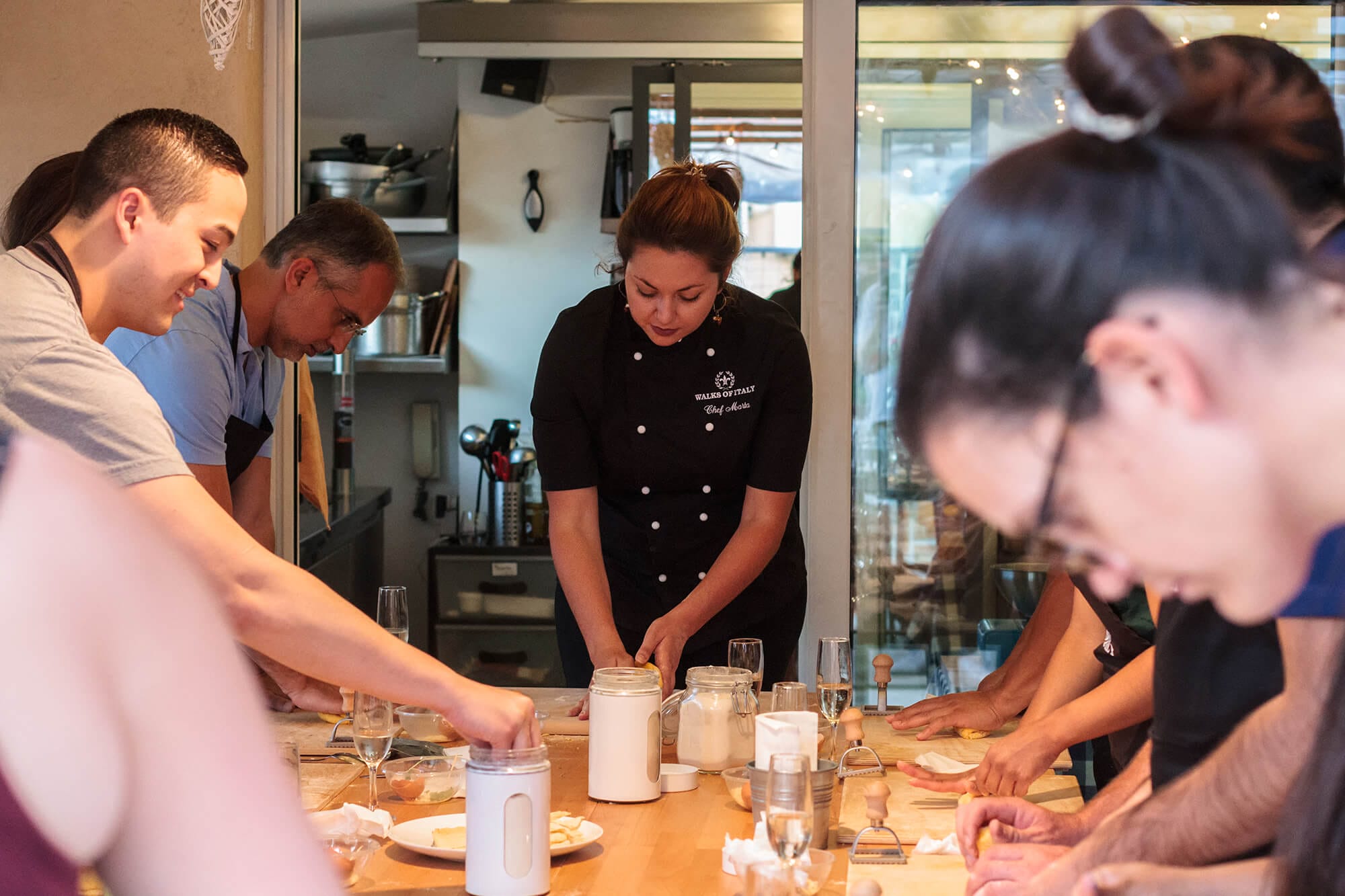
Pasta-Making Class: Cook, Dine Drink Wine with a Local Chef
€64
121 reviews
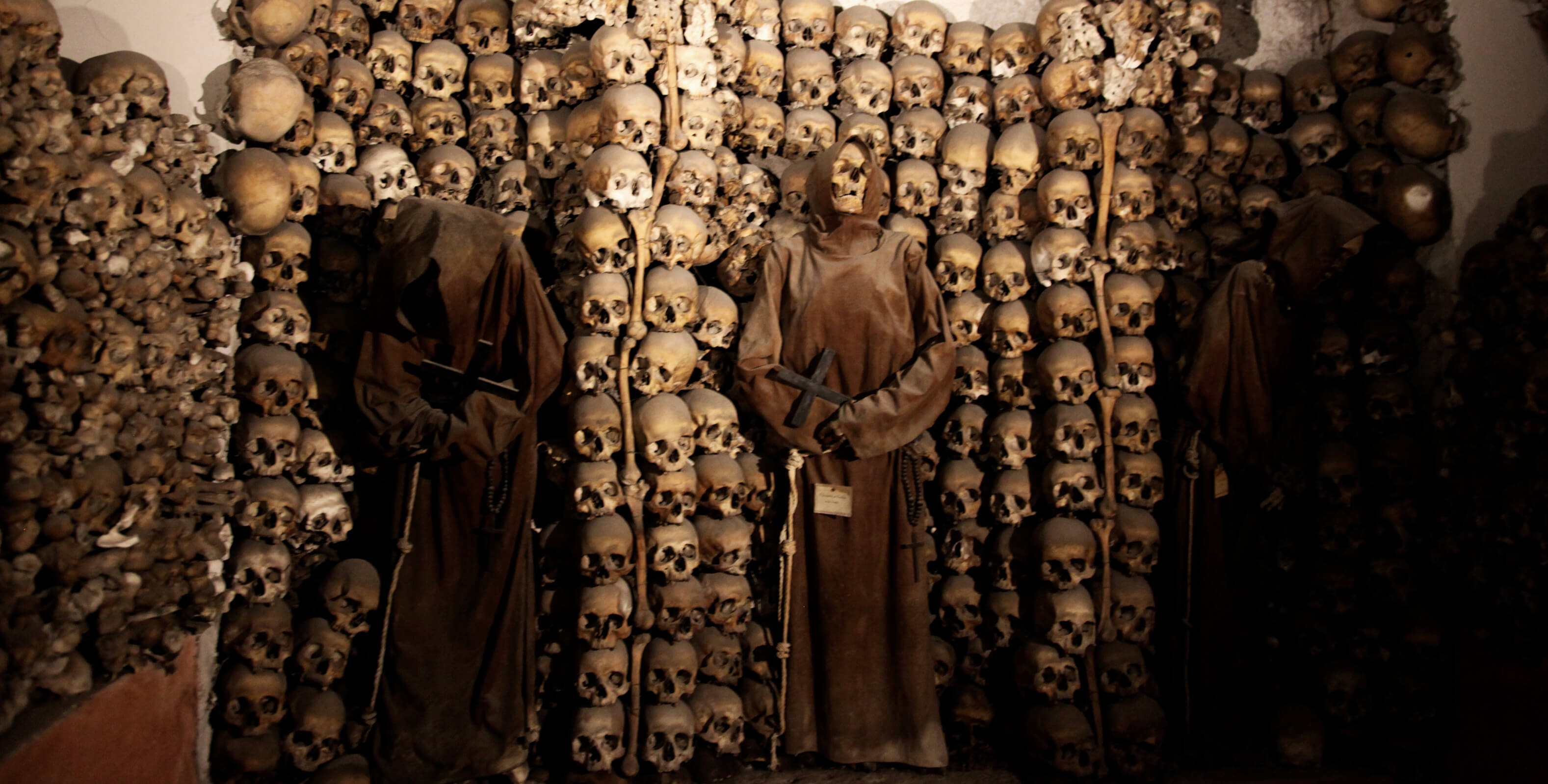
Crypts, Bones Catacombs: Underground Tour of Rome
€69
401 reviews
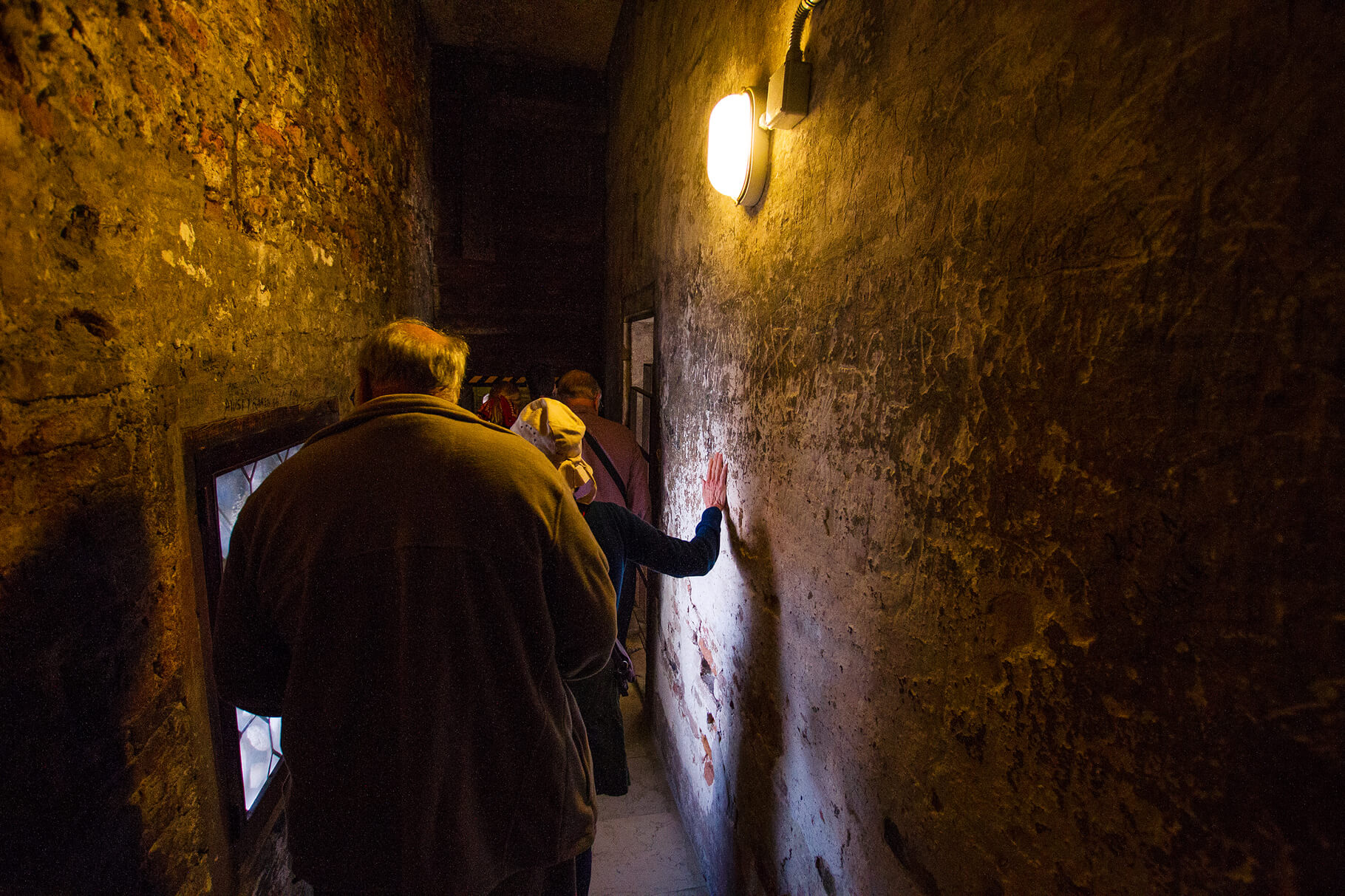
VIP Doge's Palace Secret Passages Tour
€79
18 reviews
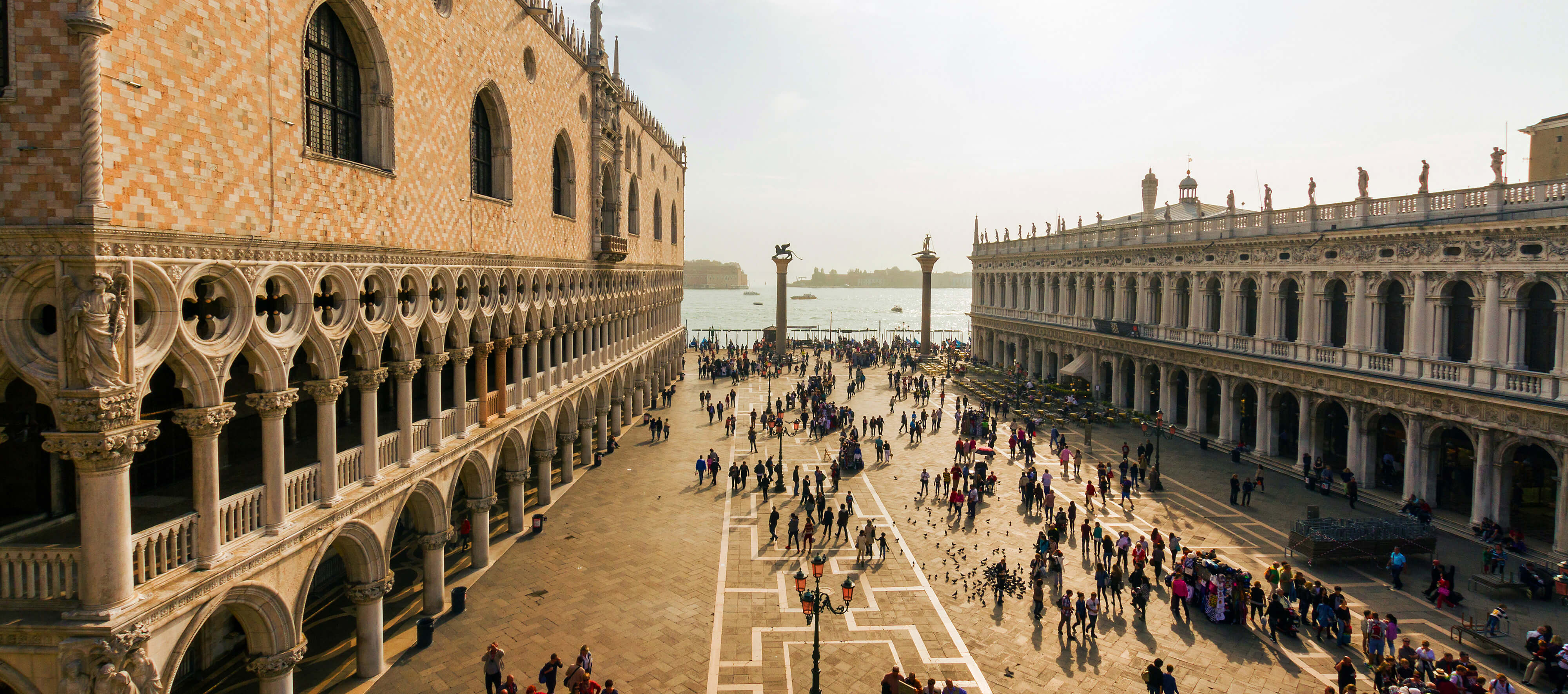
Legendary Venice: St. Mark's Basilica, Terrace Doge's Palace
€69
286 reviews




